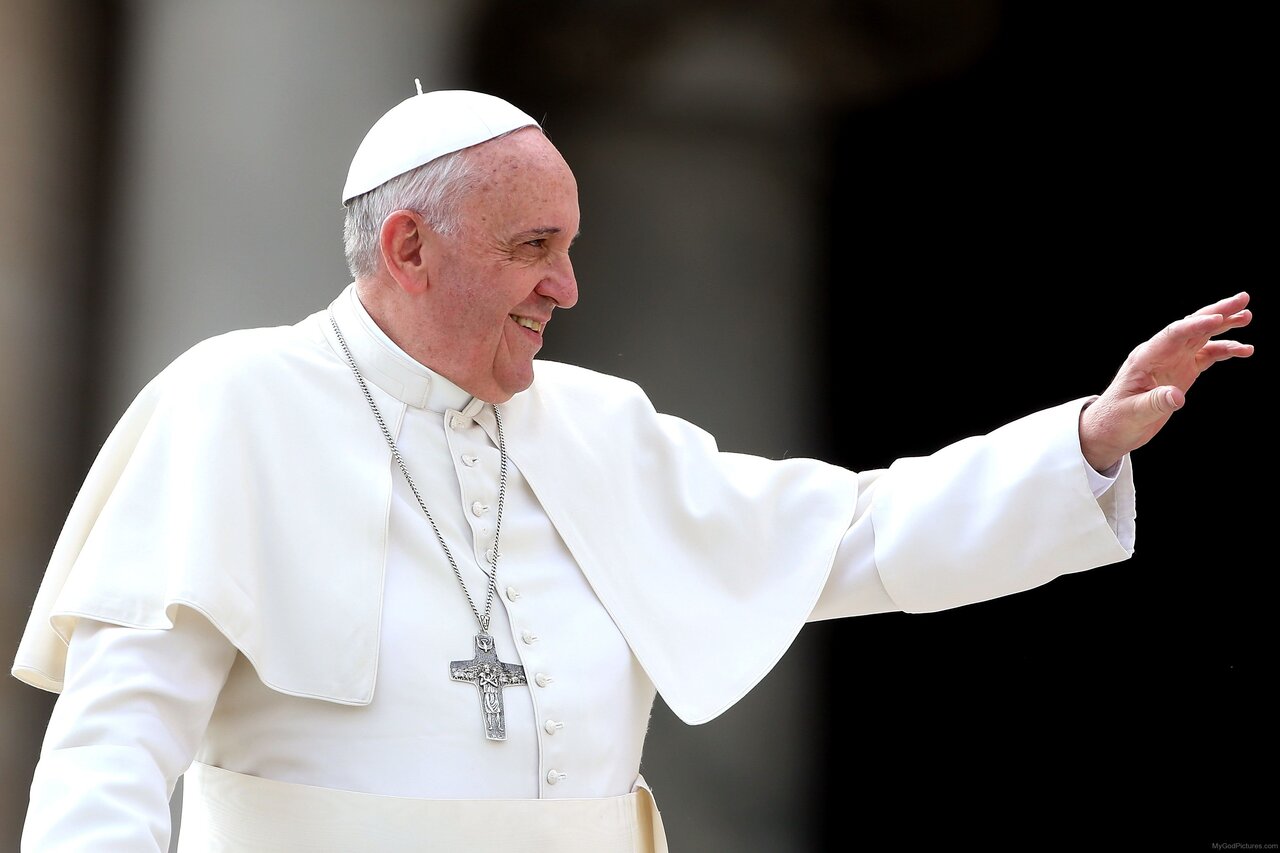Iran’s top officials hail Pope Francis as voice for global peace in posthumous tribute

TEHRAN – Iranian President Masoud Pezeshkian paid tribute to the late Pope Francis in a statement on Monday, honoring the pontiff’s lifelong dedication to advancing the teachings of Jesus Christ and his steadfast advocacy for global peace.
Pezeshkian praised the Pope’s efforts to foster “unity, justice, and dialogue across religious divides,” emphasizing his role as a bridge-builder in a divided world.
The remarks came hours after Cardinal Kevin Farrell, Camerlengo of the Apostolic Chamber, announced the Pope’s passing Monday morning following a prolonged battle with chronic lung disease.
The pontiff’s health had declined sharply in recent months, culminating in a five-week hospitalization in February for a severe respiratory crisis that developed into double pneumonia.
Despite a brief recovery and discharge last month, his condition deteriorated irreversibly. Pope Francis’s death arrived just one day after he made a poignant final appearance at St. Peter’s Square during Easter Sunday ceremonies, where he delivered a subdued blessing to thousands of mourners—a moment now etched into his legacy.
In his statement, President Pezeshkian hailed the Pope’s “clear and courageous stance” against “the Israeli regime’s genocide in Gaza,” applauding his condemnation of violence against Palestinian civilians.
“His moral clarity resonated with freedom-loving nations and aligned with the cries of conscience worldwide,” Pezeshkian declared, framing the Pope’s advocacy as a cornerstone of his humanitarian legacy.
The president further highlighted Iran’s alignment with the pontiff’s vision, asserting that the Iranian people have “championed peace, interfaith solidarity, and justice—principles we reaffirm today in his memory.” He concluded with a prayer for the Pope’s “eternal rest in the embrace of divine mercy.”
Cardinal Farrell’s solemn announcement of the Pope’s death has sparked an outpouring of grief from the global Catholic community, with world leaders and faith groups preparing tributes.
Pope Francis’s 11-year tenure was marked by progressive stances on environmental stewardship, interfaith dialogue, and advocacy for refugees and the poor. Yet his final months were clouded by debates over his declining health and capacity to lead.
Iranian Foreign Minister Abbas Araghchi echoed national sentiments in a social media post, writing: “His wisdom and compassion transcended borders, uniting nations and faiths in pursuit of peace. Iran stands in solidarity with all grieving his loss.”
Mohammad Hossein Mokhtari, Iran’s Ambassador to the Holy See, extended condolences to Vatican officials and Christians worldwide, calling the Pope “a beacon of moral courage and a tireless seeker of peace.”
He added, “The Islamic Republic shares his commitment to justice and human dignity—values we will continue to uphold in his memory.”
Pope Francis’s death leaves a void in global diplomacy, particularly amid ongoing conflicts, such as the Israeli regime’s atrocities in Gaza and beyond.
His critiques of militarism and inequality earned admiration from the Global South, even as they drew scrutiny from conservative quarters within the Church.
As the Vatican prepares for conclave proceedings to elect a successor, the pontiff’s calls for dialogue over division remain a rallying cry. In Iran, however, his legacy is already crystallized: a spiritual leader who, in Tehran’s view, dared to confront power with truth.
Leave a Comment